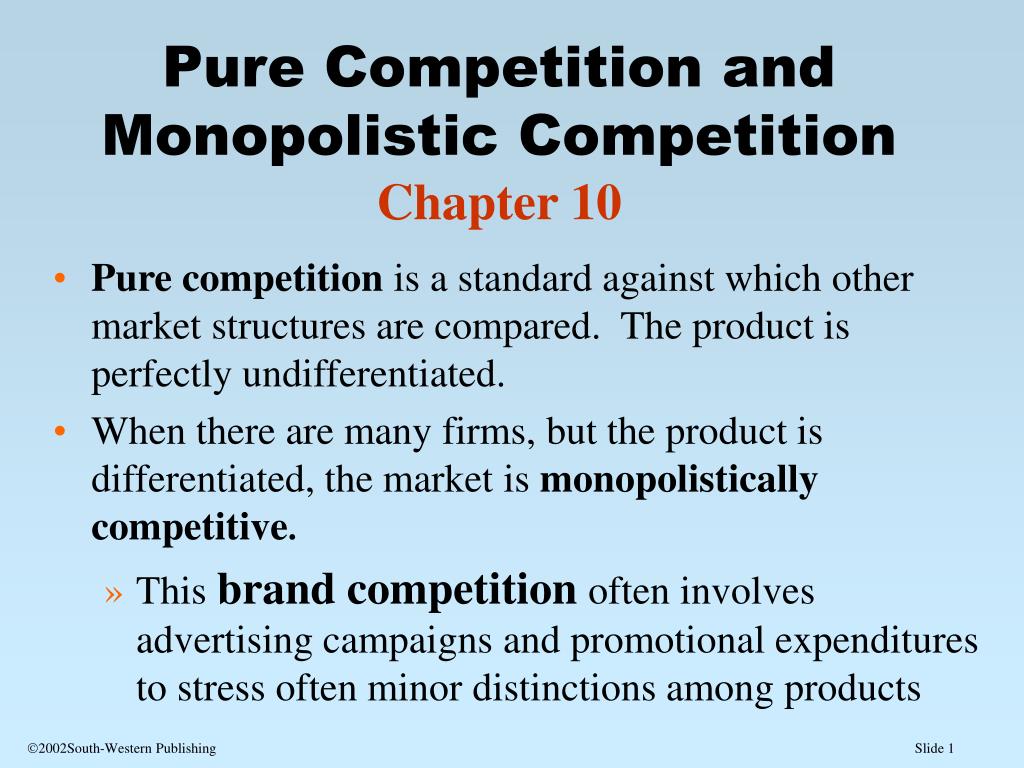


Ever since the early 1980s, federal antitrust enforcers have brought fewer and fewer antitrust cases and have often settled cases for fines that don’t sufficiently deter illegal behavior, while judges have routinely dismissed antitrust suits.Ĭompounding weak antitrust enforcement, government bailouts in the Covid-19 crisis have repeated the mistakes of the Great Recession, sending millions and even billions of dollars to the largest companies without extending enough relief to small and mid-sized companies, which are now facing a second round of shutdowns. The government has also helped these companies accumulate power. Whether the dominant corporations are Big Tech, Big Pharma or Big Agriculture, the problem is the same: A monopolized economy works for only a select few. 'Near-perfect market intelligence': Why a House report says Big Tech monopolies are uniquely powerful Sundar Pichai, Mark Zuckerberg, Jeff Bezos, Tim Cook Getty Images The House Judiciary subcommittee on antitrust, commercial and administrative law detailed Big Tech’s anticompetitive abuses in a 450-page report released in October, stating that “there is mounting evidence that the dominance of online platforms has materially weakened innovation and entrepreneurship in the U.S. Many corporate giants such as Facebook, Amazon and Google have obtained their dominant positions throughout the years in large part through anticompetitive acquisitions and conduct that violates antitrust laws, not by purely competing based on merit. For the US economy to recover from Covid-19, then, we must fight monopoly power. And now, as a result of monopolies’ extractive business models, the rest of the economy must battle the pandemic from a point of weakness. The strength of monopolies and oligopolies - where a few corporations rule an industry - has long come at the expense of the smaller businesses and entrepreneurs they muscled out of the competition. Google’s YouTube, notwithstanding controversy over misinformation on the platform, saw a 32% increase in advertising revenue. In October, Facebook announced its revenue increased by 22% compared to last year, despite a major advertiser boycott over hate speech, and Amazon reported its profits increased by 197%. Yet the nation’s most dominant corporations seem to be weathering the pandemic just fine. As Covid-19 continues to spread, millions of Americans are losing their jobs, thousands of restaurants have closed for good and one in three small businesses surveyed by the nonprofit Small Business Majority said they won’t survive beyond the next three months without additional funding.


 0 kommentar(er)
0 kommentar(er)
